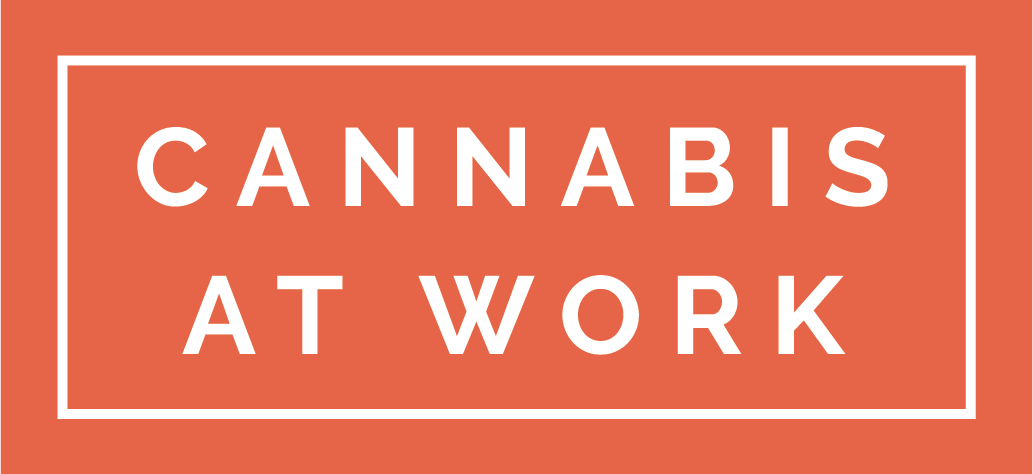I am a HR pro by trade and I recently went to an employment law seminar. This seminar is held annually and provides updates on legal trends in the Canadian workplace and legislation changes.
Sound boring? Not to me. I’m a geek for this stuff. I was as excited as a kid on Christmas morning when I registered.
Even more exciting… the implications of medical marijuana in the workplace was the number one agenda item.
I’m very engaged in this topic and I was pumped to talk about it with my HR peers. It’s about damn time we start talking about medical marijuana openly in professional communities.
But then things changed.
The lawyer opened the session and the discussion about marijuana started.
Let’s just say he didn’t present medical marijuana in an objective, balanced light. Quite the opposite, really.
He started out by saying there were more marijuana dispensaries in Vancouver than Starbucks.
Fact? Maybe. Maybe not.
But he shocked the conservative HR audience, which I believe was his intention.
He went on to use terms like “stoner” and “pot head.” He referred to employees leaving their “hash brownies” in the lunchroom and said medical cannabis is “not a real drug.”
He waived papers around that contained information about Lipitor – it’s side effects, dosage and over-dosage information. This was supposed to prove that Lipitor is a real drug and cannabis is not.
(Bias alert: I couldn’t help but think… you can’t overdose on marijuana. Ever think of that, smarty pants? :)
He said all of this to a group of HR professionals who, like most of the population, are not educated on medical marijuana because it’s a relatively new trend.
Now think about this… these are the professionals that are responsible for accommodating employees in the workplace who use legal cannabis to treat a medical condition. Understanding, tolerance and an objective approach is needed for these situations to be successful. Accommodation is a legal requirement, not one that can be ignored based on a person’s biases. In fact, biases and prejudices are exactly how employers get in trouble with Human Rights issues.
I’m pretty sure the lawyer could follow my logic here, if he wanted to.
The lesson?
The stigma is alive and well.
The stigma hurts Mary Jane’s credibility big time, especially when being introduced to a new audience who has limited experience with the topic.
But, I get it.
There is limited clinical information about the medical efficacy of cannabis because it has been a controlled substance for so long. I can’t deny that.
It isn’t a “real drug” based on traditional North American standards. It’s not FDA approved. It has no drug identification number. I can’t deny that either.
So the seminar was a sobering experience in many ways. It was a reminder of how much work there is to build awareness about the medical benefits of cannabis.
But change is coming. Clinical trials are starting. There is compelling evidence that medical cannabis can help sick people in amazing ways.
Countries around the world are moving towards legalization. Canada. The United States. Ireland. Australia. Mexico.
And more will be following if Richard Branson is to be believed.
If you’re reading this I encourage you to research medical cannabis. I’m not telling you what opinion to have. There are always going to be people on both sides of an issue.
But I am advocating for an informed opinion that takes a step past a long held stigma and looks at an issue through the lens of a modern society.

